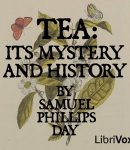
Tea: Its Mystery and History
Samuel Phillips Day traces the history of tea from Asia to England, exploring some of the romance of this treasured drink and its place in British culture. – Summary by Larry Wilson [chương_files]
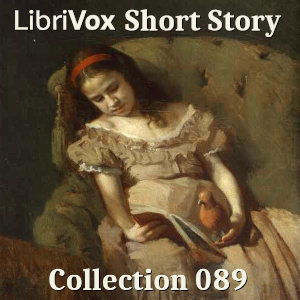

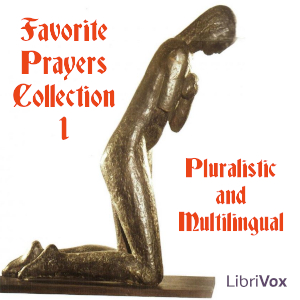
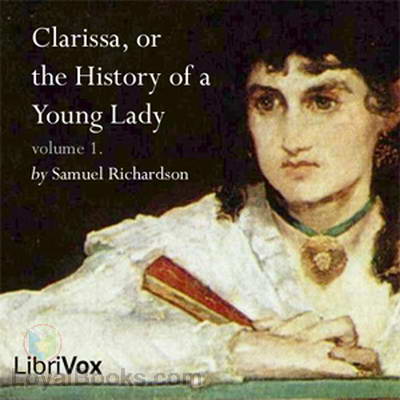
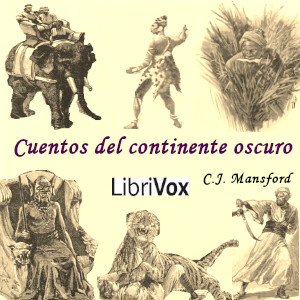
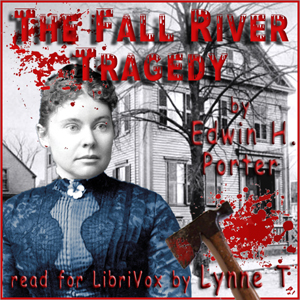
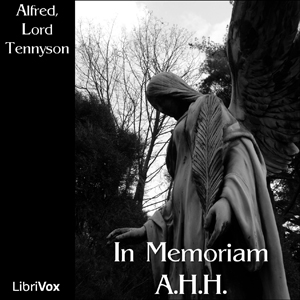
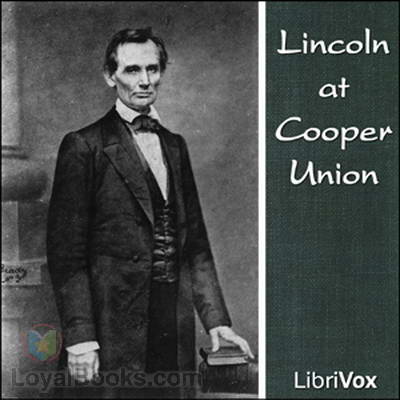
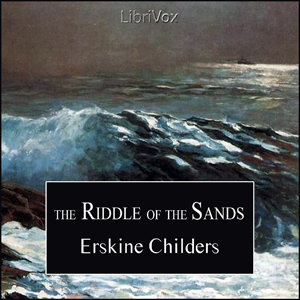
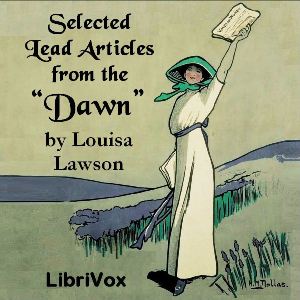

Samuel Phillips Day traces the history of tea from Asia to England, exploring some of the romance of this treasured drink and its place in British culture. – Summary by Larry Wilson [chương_files]
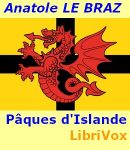
Traditions, us et coutumes, croyances et religion, histoires écoutées et notées en Bretagne : en région du Trégor, et en Centre-Finistère, endroit fort typique des Montagnes Noires, Menez-du. Anatole Le Braz (Le Bras, mais il a choisi Le Braz, pour la bonne prononciation de son nom), fut un conférencier très apprécié et a fait connaître et aimer la Bretagne, en France, et aussi aux U.S.A. et au Canada. Ce sont des Contes recueillis, et écrits avec fluidité et grand talent, où amour, habitudes bretonnes, etc… nous réjouissent. A Motreff, par exemple, lors de “La Nuit des feux”, chaque clan prépare son bûcher pour honorer Saint-Pierre et les âmes de ses morts, les anaon. Des aventures bien étranges arrivent aux habitants de cette belle contrée, au climat variable, à la géographie parfois tourmentée, où le sol peut être très riche, ou bien, de landes arides et d’espèces végétales très variées. – Summary by Christiane Jehanne [chương_files]
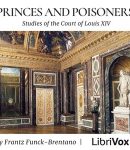
The court of French King Louis XIV was not a safe place to be. It was filled with plots and intrigues, leaving observers and commentators with more questions than answers among speculation and innuendo. Funck-Brentano was a scholar, librarian and expert on the political climate of eighteenth century France. Backing up his work with research in the archives of the Bastille, he attempts to explain and throw light on the tumultuous times. – Summary by Lynne Thompson [chương_files]
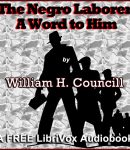
William H. Councill, former slave and contemporary of Booker T. Washington was founder of Huntsville Normal School, now Alabama Agricultural and Mechanical University in Normal, Alabama. This short volume consists of short pieces of advice to the Negro workers of his time with some statistical information at the end. Councill reflects many of the attitudes and opinions of his time. (Summary by Larry Wilson) [chương_files]
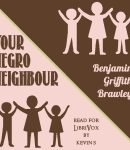
An historical and sociological view of race relations in America as it pertains to the African-American. – Summary by KevinS [chương_files]
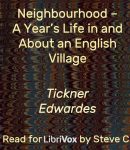
If you love the quiet of the country – the real quiet which is not silence at all, but the blending of a myriad scarce-perceptible sounds you will get it in Windlecombe, year in and year out. For how many ages a human settlement has existed in this wooded, sun-flooded cleft of the Downs, it is impossible to hazard a guess. Windlecombe is mentioned in Domesday, but the stones of the old church proclaim it as belonging to times more distant still. Neighbourhood, the daily interchange of thought and word and kindly deed, is a necessity for all healthy human life, and the natural medium of all true advancement. And nowhere will you find it of such sturdy growth, rooted in such nourishing, yet temperate soil, than in the villages of modern England. (From the Introduction of Neighbourhood – Tickner Edwardes) Although the village of Windlecombe is itself fictitious, it is based on the tiny West Sussex village of Burpham – a place that Tickner Edwardes lived in for a time before WWI. He was to return in 1927, holding the post of vicar at St. Mary’s parish church until his retirement in 1935 and continued to reside there until his death in 1944. Neighbourhood chronicles a number of notable events in Windlecombe (including the annual cricket match against Stavisham – their arch rivals!) and experiences of some of the distinctive characters within this Downland village. – Summary by Steve C [chương_files]
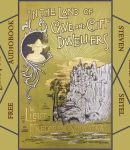
An adventurer and explorer of no mean repute, Lieutenant Frederick Schwatka leads an expedition by mule train into the forbidding Sierra Madre mountains of Mexico to one of the richest silver mining regions in the world. He offers lively (and occasionally disparaging) descriptions of the the unfamiliar flora and fauna of this often desolate region, of the cliff and cave dwellings inhabited and abandoned, and of the social customs of the various peoples he meets. He marvels at the unmatched running prowess of the Rarámuri (Tarahumari) Indians of the Barranca del Cobre–the famous Copper Canyon of Chihuahua State. He writes always with humor that keeps the narrative light and the reader smiling. (Summary by Steven Seitel) [chương_files]
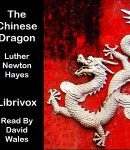
The subject of this little book [1923] is of general interest to people who are acquainted with things Chinese. The dragon has played a large part in Chinese thought through four thousand and more years…. The author is peculiarly fitted to undertake this piece of work. He was born in China and speaks the Chinese language as a native. Thus, he has had the first-hand knowledge and the language to help him in his study. He has been studying on the subject of the dragon for fourteen years. In this time, he has traveled over more than one half the number of provinces of China…. The author’s acquaintance with the people and the language of China have made it possible for him to go to original sources and to study the subject from every angle. (Introduction) The son of American missionaries, Luther Newton Hayes was born in 1883, in Soochow, China. He received a B.S. from Wooster College in 1905 and an M.A. from Princeton University in 1907. For the next twenty-five years, Hayes worked in China, mostly with the YMCA. The book is replete with illustrations. This recording adds their descriptions at the end of each chapter. – Summary by Book Introduction and David Wales [chương_files]
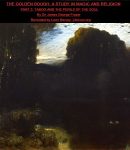
The third volume of The Golden Bough. The term Taboo is one of the very few words which the English language has borrowed from the speech of savages. This volume examines the underlying moral code of many societies, both primitive and medieval, and with modern analogies. The reader is encouraged to contemplate the contradictions, inconsistencies, and absurdities, not merely between different people of different countries and ages, but also between similar people within the same countries. Frazer presents extensive evidence that the laws of morality slowly, but subtly, are in an ever changing state. – Summary by Leon Harvey [chương_files]
The object of this book is… (1) To enlighten the uninformed white people on the intellectual ability of the Negro. (2) To give to those, who are interested in the Negro race, a better idea of the extent to which he contributed to the promotion of America’s civilization, and of the intellectual attainments made by him in the nineteenth century. (3) To reflect the views of the most scholarly and prominent Negroes of America on those topics, touching the Negro, that are now engaging the attention of the civilized world. (4) To point out, to the aspiring Negro youth, those men and women of their own race who, by their scholarship, by their integrity of character, and by their earnest efforts in the work of uplifting their own race, have made themselves illustrious; also, to enlighten such youth on those ethical, political, and sociological questions, touching the Negro that will sooner or later engage their attention. (5) To enlighten the Negroes on that perplexing problem, commonly called the “Race Problem,” that has necessarily grown out of their contact with their ex-masters and their descendants; and also to stimulate them to make greater efforts to ascend to that plane of civilization occupied by the other enlightened peoples of the world. (From the Preface) This book examines the following topics: 1. Did the American Negro make, in the nineteenth century, achievements along the lines of wealth, morality, education, etc., commensurate with his opportunities? If so, what achievements did he make? 2. Will […]
Copyright © 2024 | FreeAudible